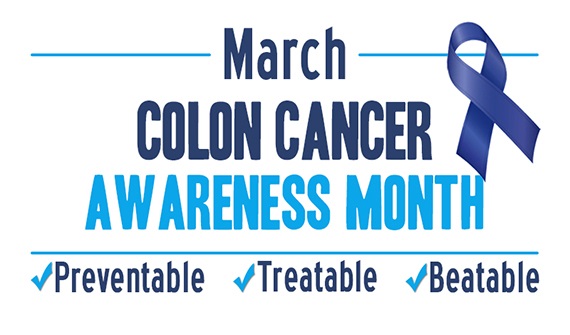Latest News
Screening Success in Rural North Dakota: Enhancing Access to Life-Saving Colorectal Cancer Screenings
Posted 3/06/25 (Thu)

By Nikki Medalen and Jonathan Gardner, Quality Health Associates of North Dakota
North Dakota's rural communities are at the forefront of a transformative healthcare initiative aimed at increasing colorectal cancer (CRC) screening rates. Through the efforts of Quality Health Associates of North Dakota (QHA) and their ScreeND program, innovative solutions are overcoming barriers to early detection, including the integration of tools and resources from Exact Sciences.
Colorectal cancer remains a leading cause of cancer-related deaths in the U.S., yet screening rates in rural areas often lag due to challenges such as long travel distances and time-intensive procedures like colonoscopies. Through a collaborative effort with 21 primary care clinics, ScreeND has implemented targeted strategies to close this gap, offering non-invasive options like Exact Sciences' Cologuard test.
Meeting Rural Healthcare Needs
QHA's data revealed that adults aged 45–64 in rural North Dakota had significantly lower screening rates, primarily due to logistical hurdles. Colonoscopies—often regarded as the gold standard—required multiple appointments and travel of 20–50 miles for many patients, making them impractical for those in the workforce. By promoting the Cologuard test, a convenient, at-home stool-based screening that requires no time off work, the program successfully addressed these barriers.
Innovative Approaches for Improved Outcomes
From January 2023 to June 2024, clinics participating in the ScreeND initiative implemented several evidence-based strategies to streamline CRC screening:
- Standing Orders: Empowering nursing staff to order screenings based on risk level.
- Patient-Centered Conversations: Using shared decision-making tools to discuss screening options.
- Advanced Tracking: Leveraging Exact Sciences’ Epic Care Link Tool to monitor test completion and results.
- Accessibility Improvements: Ensuring kits were available for clinic pickup and offering convenient drop-off locations.
- Proactive Navigation: Providing reminders and guidance to ensure patients completed their tests.
Transformative Results
The impact of these efforts has been profound. Between January 2023 and June 2024, clinic-level screening rates improved from 47.47% to 54.38%, a 14.6% relative improvement that represents an increase of nearly 1,900 people up to date on screening. The 90-day adherence rate for completed screenings reached an impressive 70%, and the overall return rate for stool-based tests climbed from 60.83% to 67.42%.
Furthermore, for patients receiving positive Cologuard results, follow-up colonoscopy rates rose significantly—from 63.3% to 84.7%. These outcomes underscore the importance of offering tailored screening options and robust patient navigation services to ensure continuity of care.
Recognizing Key Contributors
The availability of tools like Cologuard and the Epic Care Link platform, provided by Exact Sciences, has been instrumental in enabling clinics to enhance patient screening experiences and outcomes. By utilizing these resources, the ScreeND program has expanded access to effective and convenient CRC screening options.
As these efforts continue to grow, they serve as a model for other rural regions looking to address healthcare disparities and save lives through early detection of colorectal cancer.
